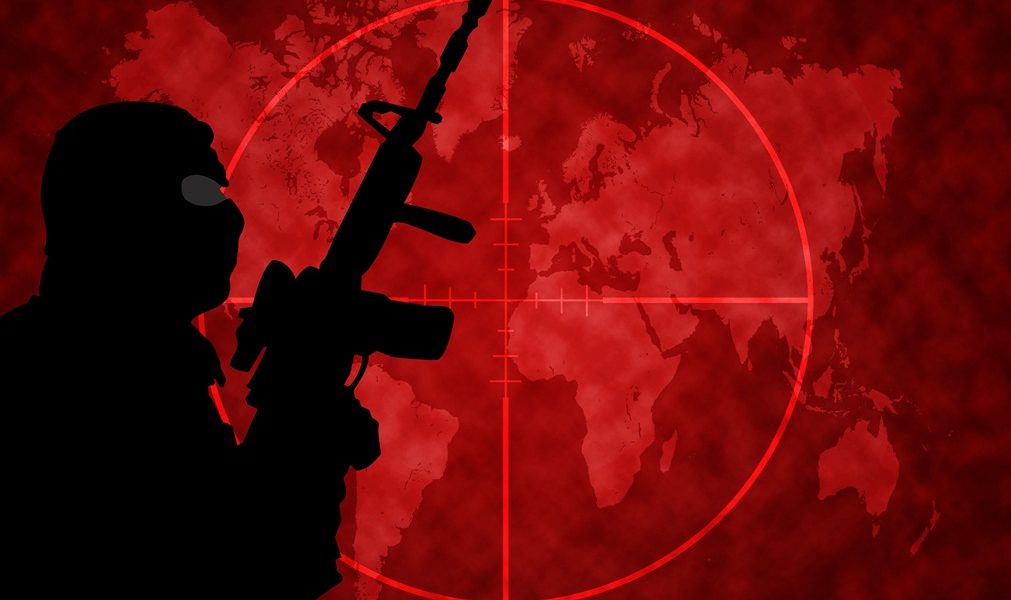The Counter Extremism Project (CEP) and the European Policy Centre (EPC) have launched a joint report, titled ‘Marching home? Why repatriating foreign terrorist fighters is a pan-European priority.’ The report is co-authored by Prof. Ian Acheson, Senior Advisor to CEP and Amanda Paul, Senior Policy Analyst at EPC.
The report examines why Europe needs to take responsibility for their nationals and establish a united approach towards repatriating Foreign Terrorist Fighters (FTFs) to their home countries.
In the three years since the fall of the ‘caliphate’, hundreds of European citizens who fled Europe to fight for ISIS as FTFs are finding themselves still incarcerated in Syria and Iraq. The repatriation and prosecution of FTFs has proven to be an incredibly divisive issue and European governments are extremely reluctant to accept their nationals back.
Prof. Ian Acheson, Senior advisor to CEP and international expert on prison extremism disagrees with this approach. ‘Believing that abandoning FTFs is the best way to protect citizens at home is short sighted and wrong. Denying responsibility for them is not smart national security as it risks further hardening the ideology of detainees, potentially preparing them to form the core of a future resurgence of the so-called Islamic State. We need them back under our control, facing justice.’
Following the outbreak of conflict in Syria in 2011, at least 40,000 individuals flocked to Syria
and Iraq to join ISIS as fighters, or to live under its rule. An estimated 5,000 came from Europe. Today, somewhere between 400-500 European adults and 700-750 children are in detention in northeastern Syria in prisons and camps under the control of the Kurdish-led Syrian Democratic Forces (SDF).

Amanda Paul, Senior Policy Analyst at EPC said: “Due to limited resources, and the impact of the COVID-19 pandemic there are far fewer humanitarian support personnel on the ground to deliver assistance of these camp which are dangerously overcrowded and unsanitary. Security is becoming increasingly ineffective, making these prisons and camps a ticking time-bomb. Breakouts are becoming commonplace. A growing number of incarcerated combatants are escaping and may return home – to potentially devastating consequences. Moreover, growing up in brutal conditions and subjected to persistent indoctrination, children – particularly teenage boys – are particularly at risk of becoming radicalised and pursuing the path of terrorism”




